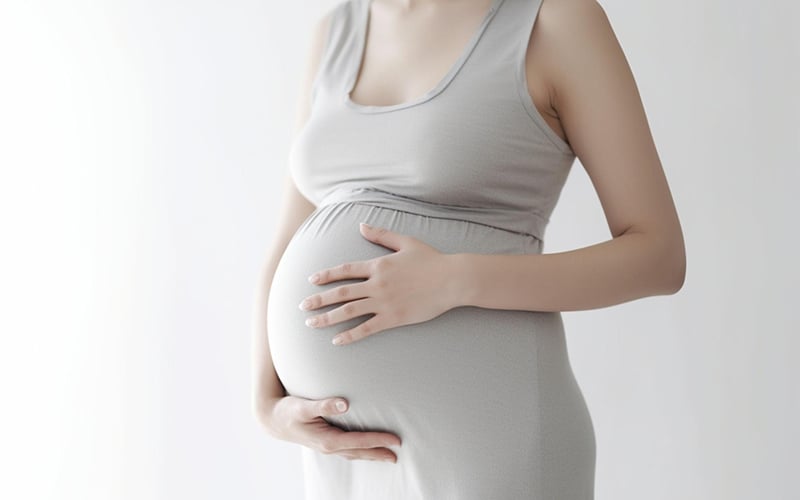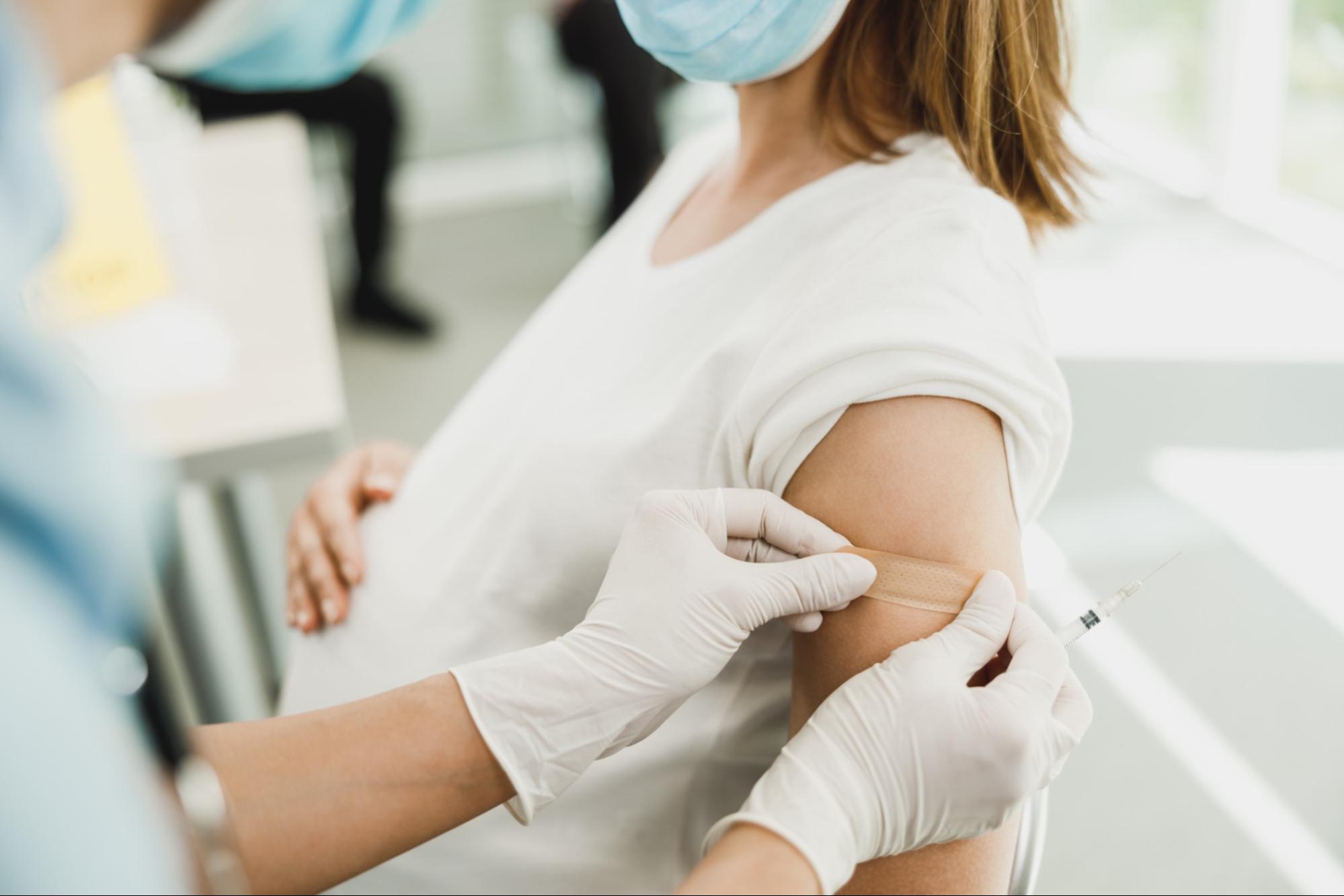
PETALING JAYA: The health ministry recently announced that starting next year, the three-in-one Tetanus-diphtheria-pertussis (Tdap) vaccine will be included in the public vaccination programme for expecting mothers.
Health minister Dr Zaliha Mustafa said that once the initiative is implemented, all pregnant women can get a dose of the Tdap vaccine during their second or third trimester (between 13 and 36 weeks of pregnancy) at all health ministry healthcare facilities nationwide.
The vaccine will be free for both citizens and non-citizens.
According to Zaliha, this initiative aims to reduce the risk of pertussis infection — also known as whooping cough — especially among infants under five months of age.
The initiative involves an annual allocation of RM25 million, which will cover an estimated 500,000 pregnant women in Malaysia every year.
Pertussis cases on the rise
In her written parliamentary reply to Senator Kesavadas A Achyuthan Nair on June 19, 2022, Zaliha detailed how cases of pertussis in Malaysia increased considerably in 2022.
According to her, after all sectors reopened following the lifting of the Movement Control Order, pertussis cases in Malaysia increased to 101 cases in 2022, from 11 cases in 2021.
As of August 2023, the number has further increased. The health ministry has reported 343 pertussis cases and 24 fatalities in the country. Out of these cases, 173 involved babies under five months old, including 19 fatalities within the same age group.
Pertussis is an infectious, vaccine-preventable disease caused by the Bordetella pertussis bacteria.
It is transmitted through the air when an infected patient coughs or sneezes. It infects the mouth, nose and throat, making it a very serious disease, particularly for babies under one year old.
According to Pahang health department’s director Dr Nor Azimi Yunus, infected patients will experience a prolonged cough within one to two weeks, which can last up to two months.
“Severe and prolonged coughing will cause the patient to turn blue (cyanosis) as they are unable to breathe. This could result in seizures because of the decreased oxygen supply to the brain.
“Severe complications such as pneumonia (inflammation of the lungs), encephalopathy (inflammation of the brain), and death can also occur,” she said.
She added that to prevent pertussis among babies, they should be immunised at two, three and five months of age, with a booster jab at 18 months.
In the event a completely immunised child is infected, they will only experience mild symptoms without risk of complications.
Immunising expecting mothers

Consultant in fetomaternal medicine in the obstetrics and gynaecology department at Hospital Al-Sultan Abdullah UiTM Puncak Alam, Professor Dr Jamiyah Hassan, expressed her support for the health ministry’s decision to make the Tdap vaccine free for pregnant women.
She outlined how important it is for pregnant mothers to receive the Tdap vaccination.
“As an advocate for maternal immunisation, I am heartened by the fact that the ministry is looking to take proactive measures to enhance accessibility to relevant preventive measures.
“These efforts are crucial steps in reducing the risk of vaccine-preventable diseases in newborns and promoting overall child health in Malaysia,” she wrote.
According to her, the World Health Organization’s (WHO) Expanded Programme on Immunisation initially reduced global pertussis cases, but the disease is now reemerging due to waning immunity and vaccine refusal or delay.
South and Southeast Asia have high neonatal pertussis burdens, with cases increasing in infants under three months, leading to mortality rates from 5.6% to 14.7% in the region. This vulnerable age group also faces a higher likelihood of severe disease and hospitalisation.
“On-time infant vaccination to prevent vaccine-preventable infectious diseases must be emphasised, and maternal immunisation is an important strategy to reduce the disease’s burden of infections like pertussis,” she wrote.
Jamiyah referenced multiple studies that showed passive immunity from maternal immunisation has the highest impact on preventing pertussis in newborns.
“By working together to prioritise newborn health, we can address the gap in protection during a baby’s early months of life, ultimately moving Malaysia closer to achieving the SDG targets by 2030.
“It is my sincere hope that we can join forces to create a healthier future for our nation’s children,” she wrote.
According to Zaliha, the implementation of the provision of the free Tdap vaccine is expected to begin in 2024 once the procurement of the vaccine and its supply to health facilities has been completed.
“More information will be announced from time to time,” she said.
In a statement made earlier in May, Zaliha said that in the meantime, pregnant women can get the Tdap vaccine from private facilities that provide it for a fee.
Learn more about the importance of getting vaccinated here.
This article is sponsored by Act of Love.


